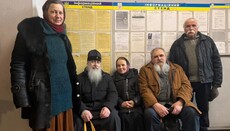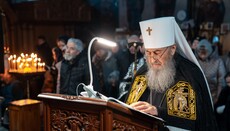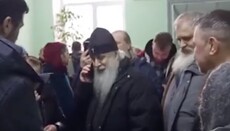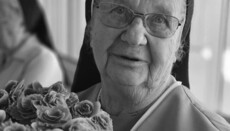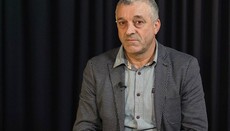Poturaev: Those who oppose the law banning UOC threaten national security
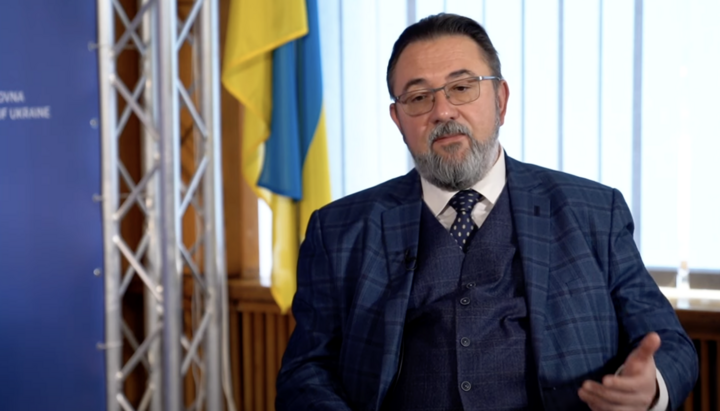
The MP stated that supporters of the UOC ban are not planning to "back down."
The head of the Verkhovna Rada Committee on Humanitarian and Information Policy, Mykyta Poturaev, assured in an interview with Ukrinform that delaying the implementation of the law banning the UOC poses a threat to the national security of the country.
According to Poturaev, the transitional period established by Law No. 8371 ends on May 24, 2025, after which religious organizations associated with the Moscow Patriarchate must be stripped of the right to operate.
"Do you understand what you're playing with? You're playing with issues of national security. When we finally, with the direct help of the President, pushed this law through the parliament, he clearly said: 'This is spiritual sovereignty, this is spiritual independence.' And spiritual independence is part of state independence," Poturaev stated emotionally.
He pointed out that the Cabinet of Ministers has yet to approve the necessary regulatory acts required for the implementation of the law. According to the MP, the process is being delayed due to disagreements with the National Agency on Corruption Prevention (NACP), which raised concerns over the law's property provisions.
Poturaev noted that after the transitional period ends, the State Service for Ethnic Policy and Freedom of Conscience (DESS) will have the right to file lawsuits demanding the cessation of activities of religious organizations affiliated with a governing center in Russia.
"The focal points of such connections are the governing centers here in Ukraine. If we establish that they are linked with Moscow, then these governing centers are exactly what needs to be addressed," he explained.
The politician also complained that the number of UOC communities transitioning to the OCU has significantly slowed. In his opinion, this may be due to the UOC "sending signals down its hierarchy: 'Don't worry, nothing will happen to you, the law won't be enforced, there's no need to switch anywhere.'"
Earlier, the UOJ reported that, according to Poturaev, anti-corruption bodies had raised questions about Law 3894.






